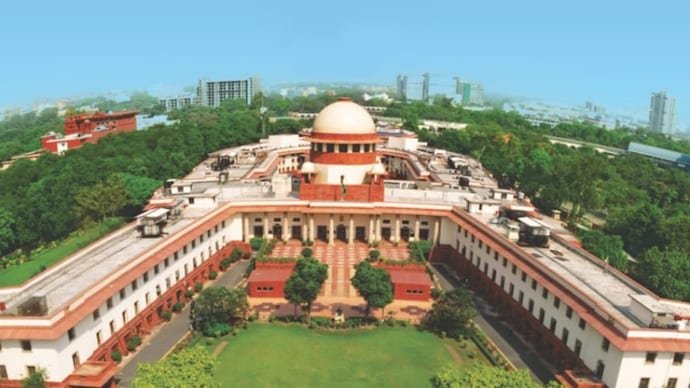India: The Supreme Court, while specifying timelines for governors in giving assent, returning or referring to President the bills passed by state assemblies, made references to the constitutions of Pakistan and the US. The top court said the time-limit breach is amenable to judicial scrutiny as it set a three-month deadline for President to decide on bills.
In its 415-page judgment delivered on April 8 and released online on Friday, the apex court invoked Article 75 of Pakistan’s Constitution, which mandates that the country’s President must decide on a bill within 10 days. If no action is taken within that period, the bill is deemed to have received assent.
Authoring the judgment, Justice JB Pardiwala wrote, “For instance, Article 75 of the Constitution of Islamic Republic of Pakistan or Article I, Section 7 of the US Constitution, where if no decision is taken within the stipulated time limit by the President, then bills are deemed to have been assented to.”
Article 75 of Pakistan’s Constitution requires the President to either assent to or return a bill to the Majlis-e-Shoora (Parliament) within 10 days. If the bill is returned and subsequently passed again, whether amended or not, the President is obligated to grant assent within another 10 days. Failing this, the bill is deemed to have received presidential assent automatically. The Indian Supreme Court noted that such a provision acts as a safeguard against executive inaction and promotes legislative efficiency.






